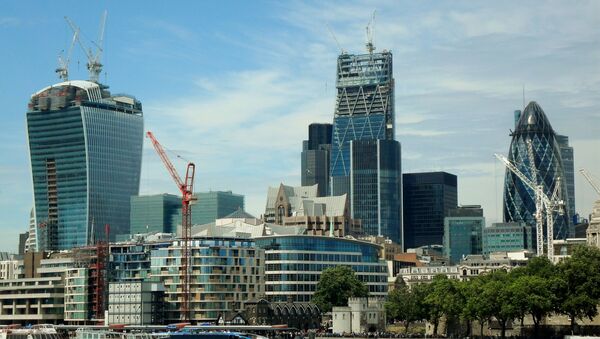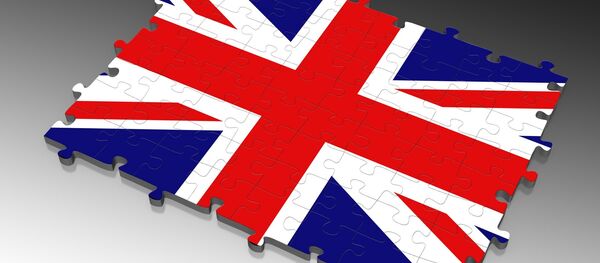Sputnik: How interesting is it for Britain to join the TPP, and what will be the major areas of export it can count on through this deal? Will it be enough compensation for losing the European market?
James Crabtree: No, nothing close to it, but in the end, this is Britain’s choice. My country has decided to leave the EU; I and many other people think this is rather unwise, as you are giving up most of your largest trading partners and, therefore, you have to take what else you can. Countries like Australia, New Zealand, Japan are much less important to Britain in the trading perspective than Germany, France or even Holland, but in the end, if you are going to reject a free-trade area with your nearest neighbors, you have to look for other countries [to trade with]. So the value Britain could get from the TPP would be much less than from the EU in trade terms, but not nothing. And, certainly, it’s more efficient to think about trying to join one big 11-member trading bloc than it would be to sign a whole bunch of bilateral agreements with all of these individual countries.
Sputnik: There are a lot of people who are very critical of the TPP, and not just Donald Trump, for very different reasons. Among the critics are people who argue that this is leading to income inequality in high-wage countries and would promote cheaper goods from lower-wage countries. Do you think there would be substantial support for the TPP within the UK?
Sputnik: Australia has said it was dead in the water after the US pulled out. To what extent do you think it is a justified statement and could Britain become a replacement for the US?
James Crabtree: Well, [now that] the US has pulled out and Japan, in particular, has led a rearguard action to save the deal, which is almost certain to be signed in a couple of months’ time and they have a tentative agreement everybody expects will be ratified in March or April, the UK will not be a replacement for the US, although it is not impossible to suggest that if the UK came in, it would make it more attractive for the US to return. But the big problem is that for the US it is part of domestic politics, particularly when Trump is president [returning to the TPP] is kind of impossible, because trade agreements in general are so toxic, so it’s very difficult to imagine America coming back when Trump is president […] because in the end it was designed by America to cement American leadership in Asia, which is by far the fastest growing and most important economic continent. So, by giving up the TPP the US has given up a huge amount and with luck the future American president will realize that and will decide to go back into this deal.
READ MORE: Models for Post-Brexit UK-EU Trade Agreement and Their Pitfalls
The views expressed in this article are solely those of James Crabtree and do not necessarily reflect the official position of Sputnik.



